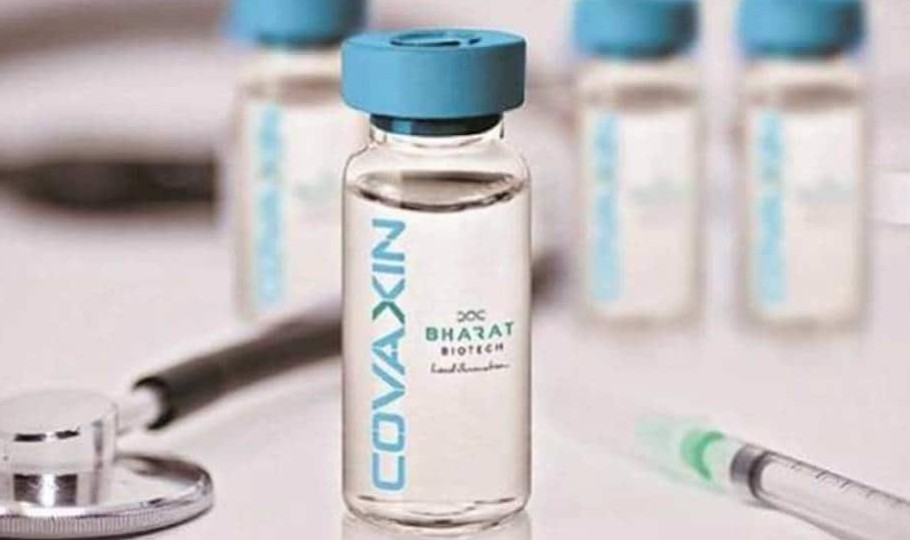
Covaxin shows 77.8% efficacy now; awaits WHO approval
Covaxin, India’s first indigenously developed COVID vaccine, has shown 77.8% efficacy in phase 3 trial results, which were approved by the Centre’s Subject Expert Committee on Tuesday (June 22).

Covaxin, India’s first indigenously developed COVID vaccine, has shown 77.8% efficacy in phase 3 trial results, which were approved by the Centre’s Subject Expert Committee on Tuesday (June 22).
Covaxin is a product of Hyderabad-based biotechnology company, Bharat Biotech. It was introduced along with Serum Institute’s Covishield during the inauguration of country’s nationwide vaccination drive on January 16.
The company recently submitted its phase-III clinical trial data to the Drugs Controller General of India (DCGI), which granted emergency use permission to Covaxin in January, based on its phase 1 and 2 clinical trials that comprised less than 1,000 participants.
Bharat Biotech submitted its “first interim analysis” of phase III results in March, which showed the vaccine was 81 per cent effective in preventing COVID-19 after the second dose. The analysis also showed that the jab was 100 per cent capable of reducing chances of hospitalisation.
Also read: Bharat Biotech’s meet with WHO on Covaxin slated for June 23
The Hyderabad-based company will now want to list Covaxin for use abroad, for which it will submit its application to the World Health Organization (WHO) on Wednesday (June 23). Once the WHO approves the vaccine, people who had taken the ‘desi’ shot will find it easier to travel abroad.
An EUL (emergency use listing) from the WHO will help Bharat Biotech secure approval from other countries. This is important because Bharat Biotech was recently denied emergency use of its vaccines by the US Food and Drugs Administration. The EUL is as good as a permission to export the vaccine.
The Centre gave emergency use approval to Covaxin last year while still in phase II clinical trials. Several opposition parties had objected to the approval then, but the government went ahead with its decision citing “public interest”.

